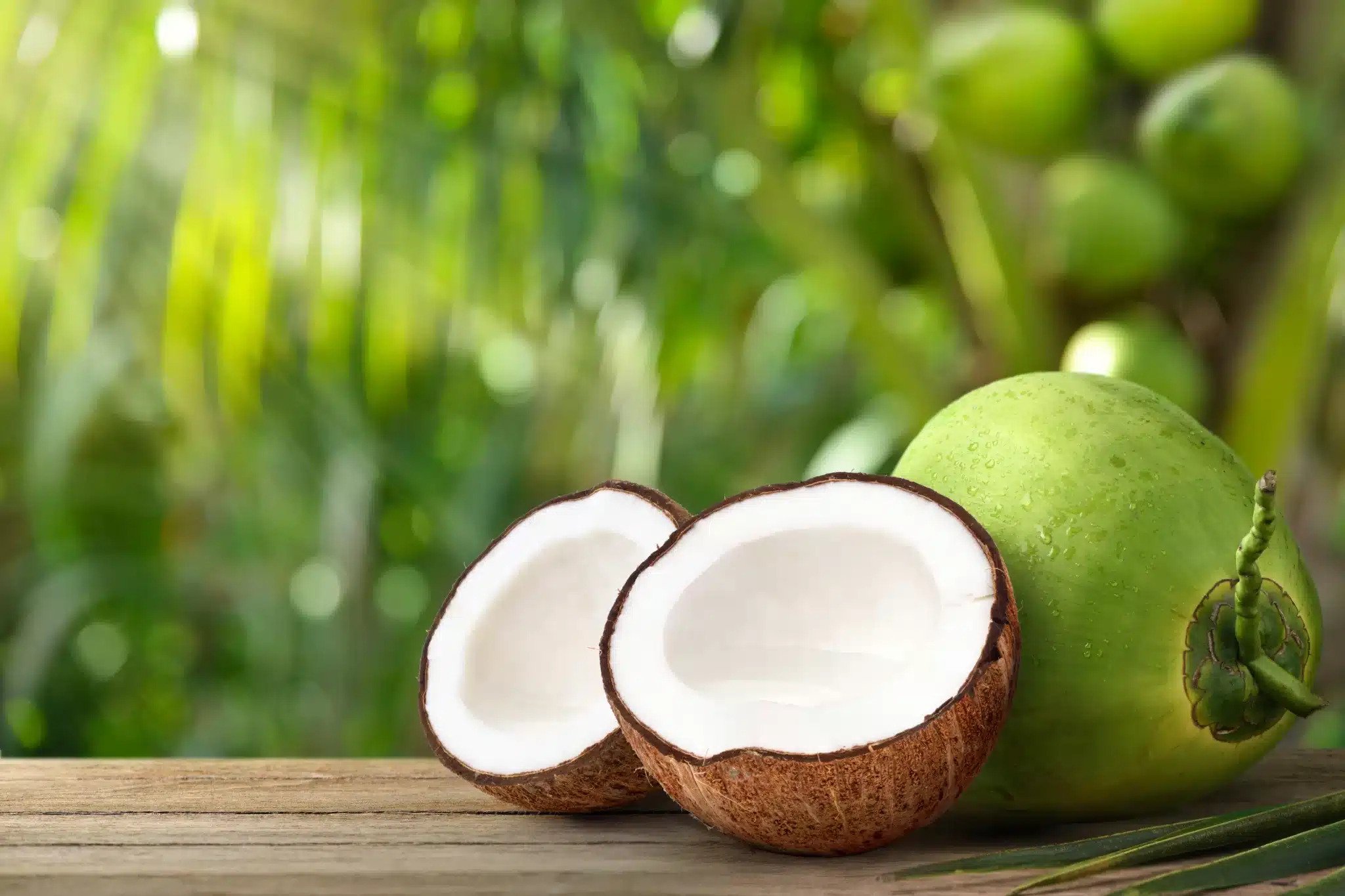

Articles
How To Store Fresh Coconut
Modified: February 23, 2024
Learn the best methods for storing fresh coconut in this informative article. Keep your coconut fresh and enjoy its delicious flavor for longer.
(Many of the links in this article redirect to a specific reviewed product. Your purchase of these products through affiliate links helps to generate commission for Storables.com, at no extra cost. Learn more)
Introduction
Fresh coconut is not only delicious but also packed with numerous health benefits. However, once you bring home a fresh coconut, you might be wondering how to properly store it to keep it fresh and flavorful for as long as possible. In this article, we will guide you through the process of storing fresh coconut, including selecting the right coconut, cracking it open, removing the meat, and storing it in different ways.
By following these simple steps, you can enjoy the natural goodness of fresh coconut whenever you desire, whether it’s for cooking, baking, or simply enjoying as a refreshing snack.
Key Takeaways:
- Enjoy fresh coconut longer by selecting, cracking, and storing it properly. Use refrigeration or freezing for the meat and water, and get creative with repurposing the shells for sustainable and practical uses.
- Make the most of fresh coconut by storing the meat in smaller portions, labeling containers, and using the water in smoothies. Repurpose coconut shells for eco-friendly plant pots, bird feeders, and crafts to minimize waste and add tropical charm to your surroundings.
Read more: How To Store Fresh Coconut Meat
Selecting a Fresh Coconut
When it comes to selecting a fresh coconut, there are a few key factors to consider. Follow these guidelines to ensure you pick the best coconut:
- Look for a coconut with a firm and heavy feel. Shake it gently – you should hear a sloshing sound of water indicating that it is fresh.
- Inspect the eyes or pores on the coconut’s shell. They should appear dry and intact. If you see any mold or dampness, it’s a sign that the coconut is not fresh.
- Avoid coconuts with cracks or dents, as they may have been damaged or exposed to air, affecting their freshness.
Remember to trust your instincts. If a coconut doesn’t look or feel right, choose another one. By selecting a fresh coconut, you are laying a solid foundation for storing it properly.
Cracking the Coconut
Now that you’ve selected a fresh coconut, the next step is to crack it open to access the delicious meat inside. Here’s a step-by-step guide to cracking a coconut:
- Find a solid surface such as a concrete floor or a sturdy countertop. Place a kitchen towel or a layer of newspaper underneath to catch any coconut water that may spill.
- Hold the coconut firmly with one hand and locate the three eyes or pores on the top. You can use the blunt end of a screwdriver, a hammer, or the back of a heavy knife to puncture the eyes.
- Drain the coconut water into a bowl or a measuring cup by tilting the coconut over it. Fresh coconut water is a refreshing beverage on its own or can be used in various recipes.
- To crack open the coconut, firmly hold it with both hands and strike it at the middle with the back of a heavy knife or a cleaver. Apply swift, controlled force to create a crack.
- Continue striking along the circumference of the coconut to create a fracture line. Rotate the coconut as you go to ensure an even split.
- Once the coconut is cracked open, use a knife or spoon to carefully separate the meat from the shell. Take your time to remove all the meat, making sure not to leave any bits behind.
Now that you’ve successfully cracked the coconut and removed the meat, you’re ready to move on to the next step – storing the coconut meat.
Removing the Coconut Meat
After cracking open a fresh coconut, the next step is to extract the meat from the shell. The coconut meat is the edible part of the coconut and can be enjoyed in various dishes. Here’s how to remove the coconut meat:
- Use a small knife or spoon to carefully separate the coconut meat from the shell. Start at an edge and gently slide the knife or spoon between the meat and the shell.
- Apply light pressure to loosen the meat from the shell, moving around the coconut to release it fully.
- Once the meat is loosened, gently pry it away from the shell, taking care not to break it into small pieces.
- Continue this process, working your way around the entire coconut until all the meat is removed.
Removing the coconut meat requires patience and a gentle touch to avoid damaging or breaking the meat. Once you have successfully removed the meat, it’s time to move on to storing it properly to maintain its freshness and flavor.
Storing the Coconut Meat
Now that you have carefully removed the coconut meat from the shell, it’s important to store it correctly to extend its shelf life and maintain its freshness. Here are a few methods for storing coconut meat:
- Refrigeration: Place the coconut meat in an airtight container or wrap it tightly in plastic wrap. Store it in the refrigerator for up to 5 to 7 days.
- Freezing: If you don’t plan to use the coconut meat right away, consider freezing it. Cut the meat into small pieces or shred it using a grater. Place the shredded or diced coconut in an airtight container or freezer bag and store it in the freezer for up to 6 months.
- Coconut Milk: Alternatively, you can blend the coconut meat with water to create fresh coconut milk. Strain the mixture and store the milk in the refrigerator for up to 3 to 4 days.
Regardless of the storage method you choose, make sure to label the container or bag with the date to keep track of its freshness. When using the stored coconut meat, inspect it for any signs of spoilage such as a sour smell or discoloration.
Pro tip: To maximize the shelf life of the coconut meat, consider storing it in smaller portion sizes. This allows you to thaw or use only the amount you need, preventing unnecessary waste.
Now that you know how to properly store coconut meat, you can enjoy its delicious taste and unique texture in a variety of recipes, from curries and desserts to smoothies and baked goods.
Store fresh coconut in the refrigerator, wrapped in a plastic bag to keep it from drying out. It will stay fresh for up to 4 weeks.
Read more: How To Store Coconut
Storing Coconut Water
In addition to the meat, coconuts also contain a refreshing and hydrating liquid known as coconut water. If you find yourself with leftover coconut water after cracking the coconut, there are a few ways to store it for future use:
- Refrigeration: Pour the coconut water into a clean, airtight container and store it in the refrigerator. It can stay fresh for up to 3 to 5 days.
- Freezing: If you have a larger quantity of coconut water that you won’t be using soon, consider freezing it. Pour the coconut water into ice cube trays or small freezer-safe containers. Once frozen, transfer the coconut water cubes or portions to a freezer bag. Frozen coconut water can last for up to 3 months.
- Blending with Other Ingredients: Another option is to use the coconut water immediately by blending it with other fruits or ingredients to make smoothies or refreshing beverages. This way, you can enjoy the coconut water while also incorporating other flavors.
When storing coconut water, it’s important to note that it may develop a slightly sour taste over time. Therefore, it’s best to consume it as soon as possible for the freshest flavor.
Coconut water is not only delicious but also a fantastic source of hydration and electrolytes. By knowing how to store it properly, you can enjoy its benefits at any time.
Freezing Fresh Coconut
If you have an abundance of fresh coconut and want to preserve it for an extended period, freezing is a great option. Freezing fresh coconut not only helps maintain its flavor and texture but also allows you to have coconut readily available for future use. Here’s how to freeze fresh coconut:
- Prepare the Coconut: Start by removing the outer brown shell from the coconut and then remove the inner brown skin as well. Rinse the coconut meat under cold water to remove any impurities and pat dry with a towel.
- Shred or Chop the Coconut Meat: Decide whether you want to shred or chop the coconut meat based on your preference and intended use. You can use a grater or a food processor to shred the coconut into fine pieces or a sharp knife to chop it into small chunks.
- Spread on a Baking Sheet: Lay the shredded or chopped coconut meat on a baking sheet lined with parchment paper. Ensure the pieces are spread out in a single layer, and none are touching each other. This prevents the coconut pieces from clumping together in the freezing process.
- Flash Freeze: Place the baking sheet with the spread-out coconut meat in the freezer for about 1 to 2 hours, or until the pieces are firm and frozen. This process, known as flash freezing, prevents the coconut from sticking together when stored in a container or bag.
- Transfer to Containers or Bags: Once the coconut pieces are fully frozen, transfer them to airtight containers or freezer bags. Make sure to remove any excess air from the bags to prevent freezer burn. Label the containers or bags with the date before placing them back into the freezer.
Frozen fresh coconut can be stored in the freezer for up to 6 months. This allows you to have coconut readily available for recipes such as smoothies, curries, desserts, or as a topping for various dishes. Simply thaw the desired amount of frozen coconut in the refrigerator overnight or use it directly in your recipes, as per your preference.
With these simple steps, you can freeze fresh coconut and enjoy its delicious taste and versatility whenever you need it.
Reusing Coconut Shells
After you’ve cracked open the fresh coconut and extracted the meat and water, don’t let the coconut shells go to waste! Coconut shells have many practical uses and can be repurposed in creative and sustainable ways. Here are some ideas for reusing coconut shells:
- Plant Pots: Coconut shells can be transformed into unique and eco-friendly plant pots. Simply clean the shells and cut out a small portion at the bottom for drainage. Fill them with soil and plant your favorite herbs, flowers, or small succulents. Not only do these coconut shell planters add a tropical touch to your home or garden, but they also provide a natural and breathable environment for your plants.
- Organic Bird Feeders: Convert coconut shells into bird feeders by attaching strings or wires to them and hanging them in your garden or balcony. Fill the shells with bird feed or seeds, and watch as birds come to enjoy a snack. It’s a great way to attract and support local wildlife while adding a decorative element to your outdoor space.
- Charcoal or Biochar: Coconut shells can be transformed into charcoal or biochar, which can be used as a natural and sustainable alternative to traditional charcoal. The shells are burned in a controlled environment, resulting in a porous, carbon-rich material that can be used for cooking, gardening, or filtration purposes. Just make sure to follow the proper guidelines and safety precautions when working with fire or burning materials.
- Crafts and Decorations: Get creative and use coconut shells as materials for various crafts and decorations. You can carve or paint intricate designs on the shells to create unique jewelry, keychains, or decorative ornaments. They can also be turned into natural candle holders, coasters, or even used as pieces in mosaic art.
These are just a few ideas to spark your imagination, but the possibilities for reusing coconut shells are endless. Make sure to thoroughly clean and dry the shells before repurposing them to prevent any mold or bacteria growth.
By reusing coconut shells, not only are you reducing waste and minimizing your environmental impact, but you’re also adding a touch of tropical charm to your surroundings. So, before you discard those coconut shells, think about the many creative ways they can be repurposed.
Conclusion
Storing fresh coconut properly is essential to maintain its freshness, flavor, and nutritional value. By following the guidelines in this article, you can ensure that your coconut meat and water remain fresh for an extended period.
Selecting a fresh coconut is the first step towards successful storage. Choose coconuts that are firm, heavy, and free from cracks or mold. Once you crack open the coconut, extract the meat and water carefully, taking care not to damage or waste any part of the fruit.
When it comes to storing the coconut meat, refrigeration and freezing are your best options. Wrap the meat tightly or store it in an airtight container before placing it in the refrigerator or freezer. Label the containers or bags with the date to keep track of their freshness.
As for the coconut water, refrigeration and freezing are also recommended. Pour the water into a clean container and store it in the refrigerator, or freeze it into cubes for later use in beverages and recipes.
Furthermore, don’t forget about the creative potential of coconut shells. Repurpose them as plant pots, bird feeders, charcoal, or in various crafts and decorations. By reusing the coconut shells, you give them a second life while reducing waste.
In conclusion, storing fresh coconut properly extends its shelf life, allowing you to enjoy its delicious taste and numerous health benefits. Whether you use the coconut meat in recipes or appreciate the refreshing coconut water, storing them correctly ensures that you can savor the tropical goodness for an extended period. So, next time you have a fresh coconut on hand, follow these tips and make the most out of this versatile fruit.
Frequently Asked Questions about How To Store Fresh Coconut
Was this page helpful?
At Storables.com, we guarantee accurate and reliable information. Our content, validated by Expert Board Contributors, is crafted following stringent Editorial Policies. We're committed to providing you with well-researched, expert-backed insights for all your informational needs.


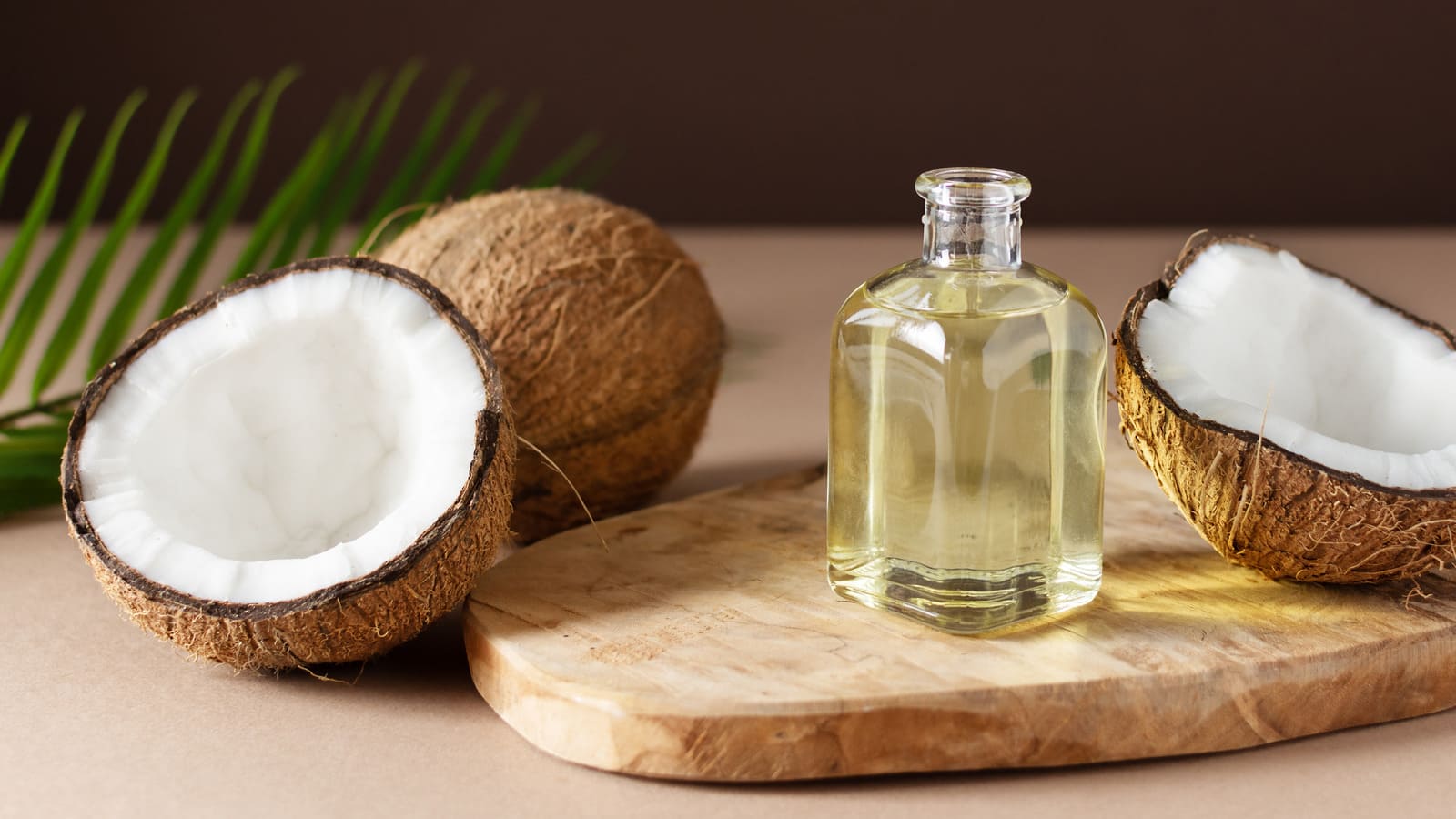
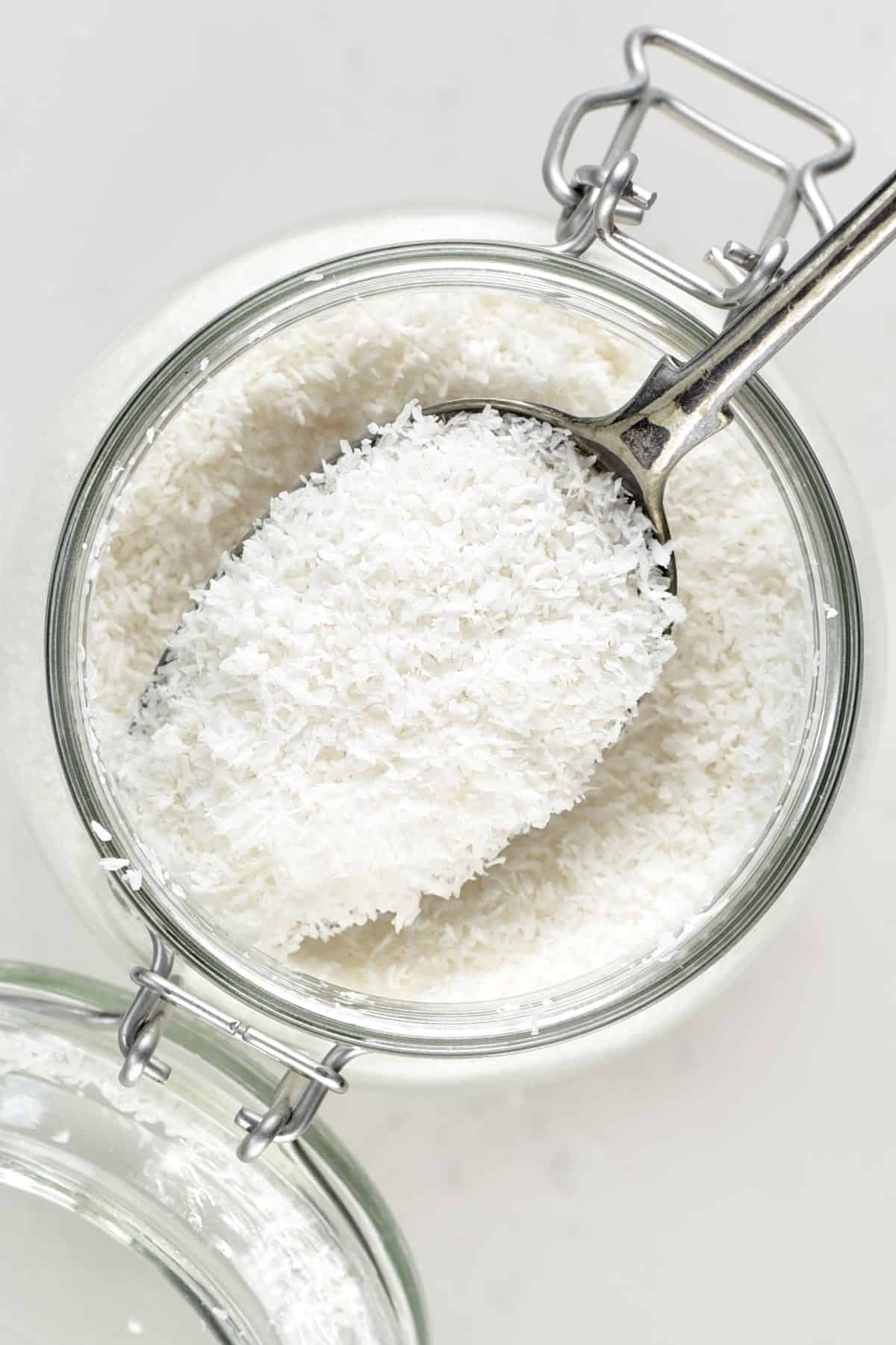
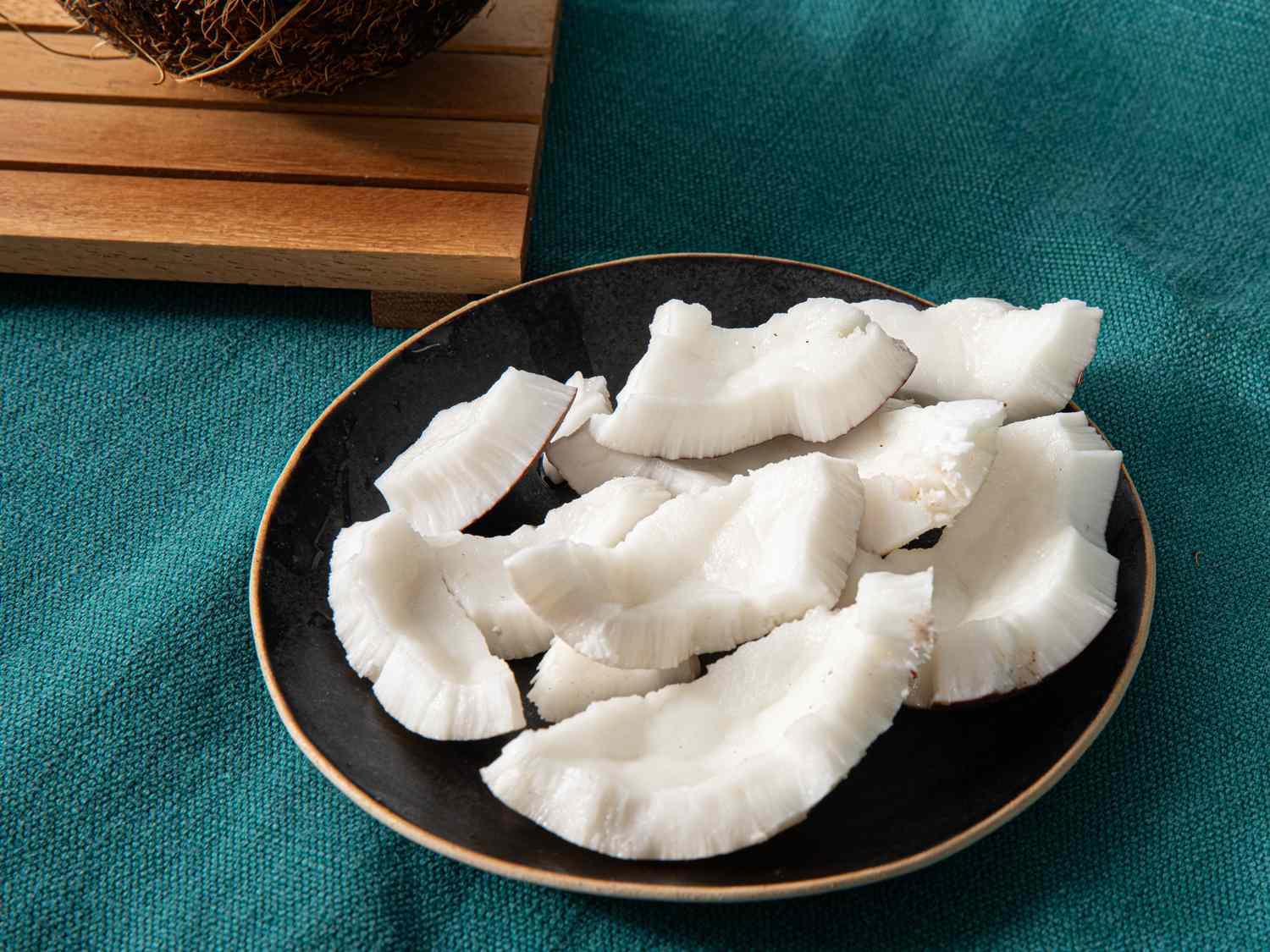
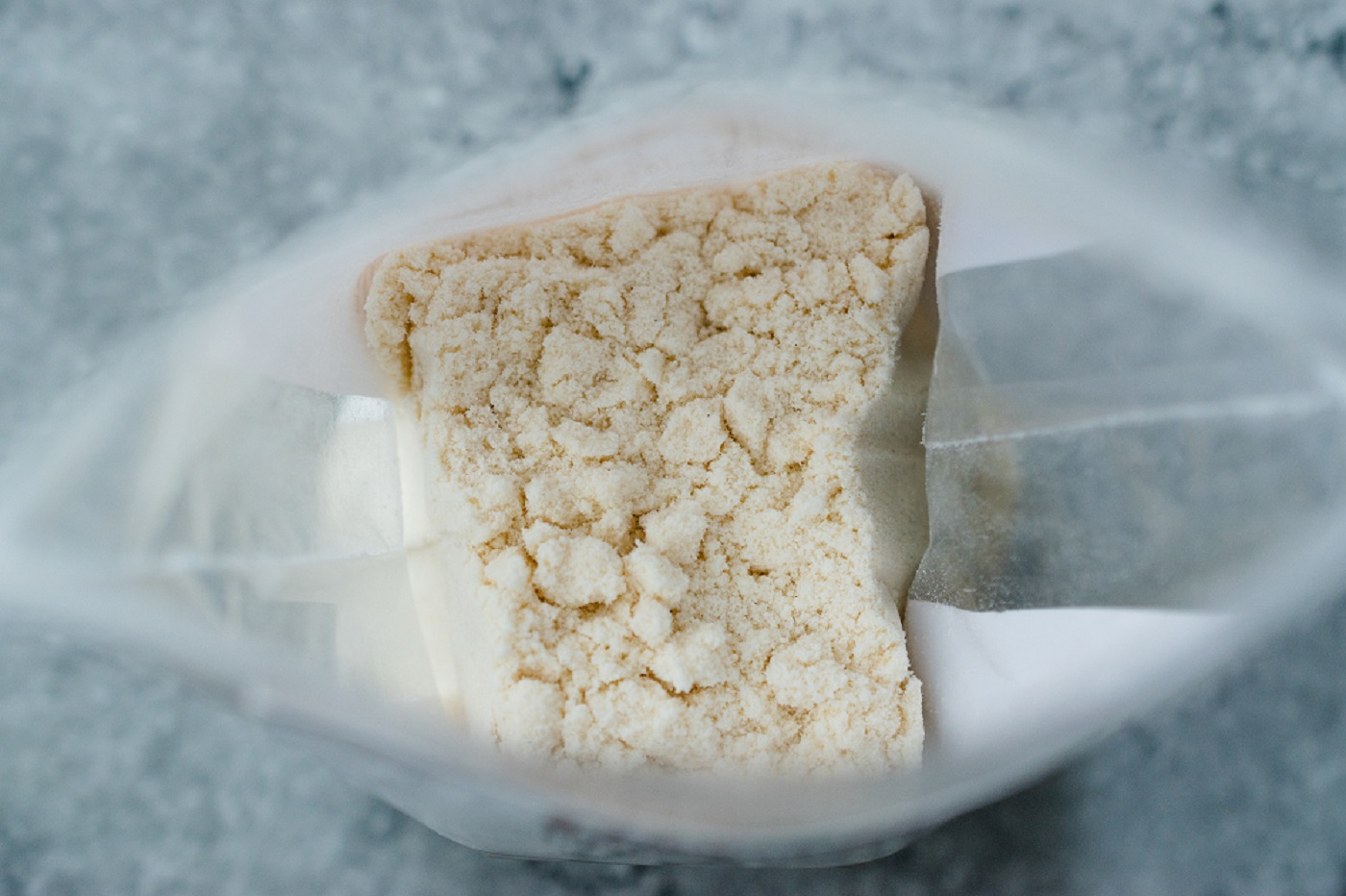
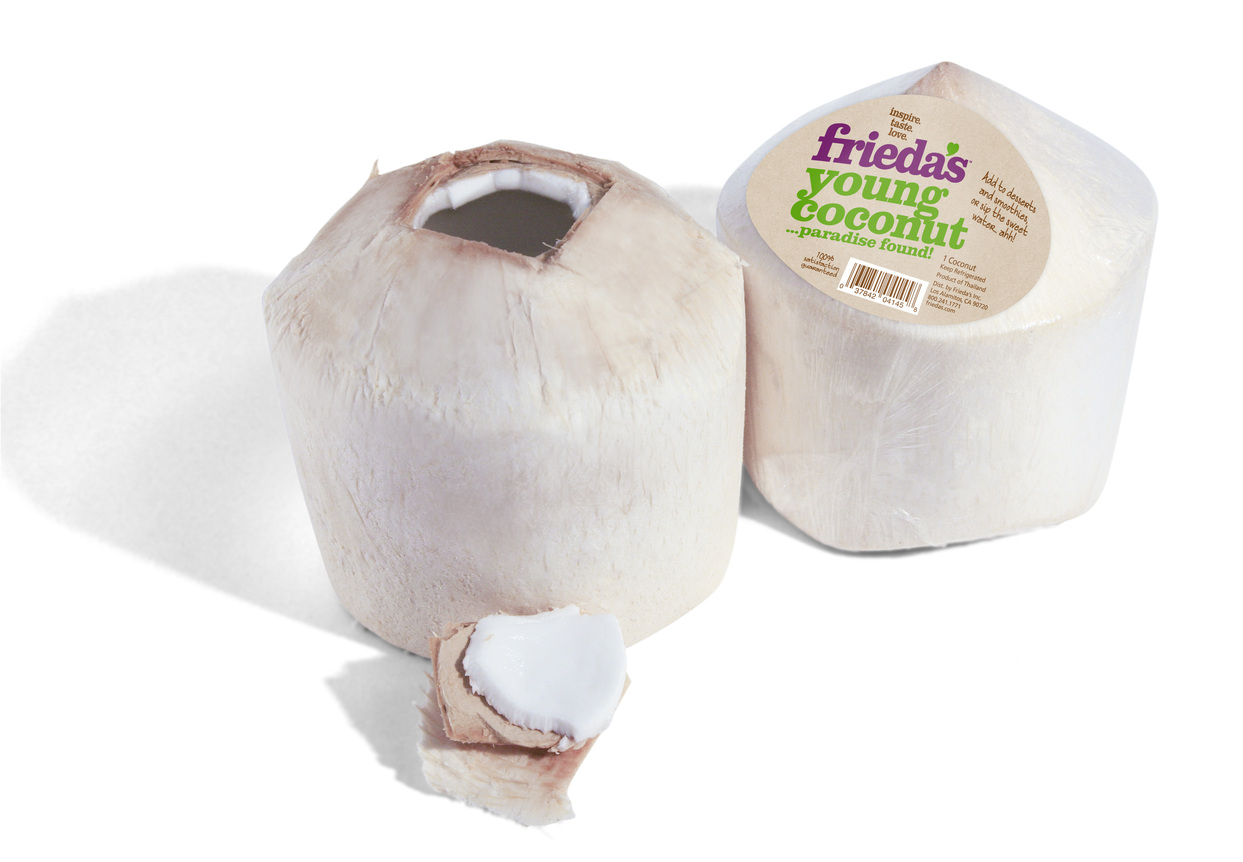
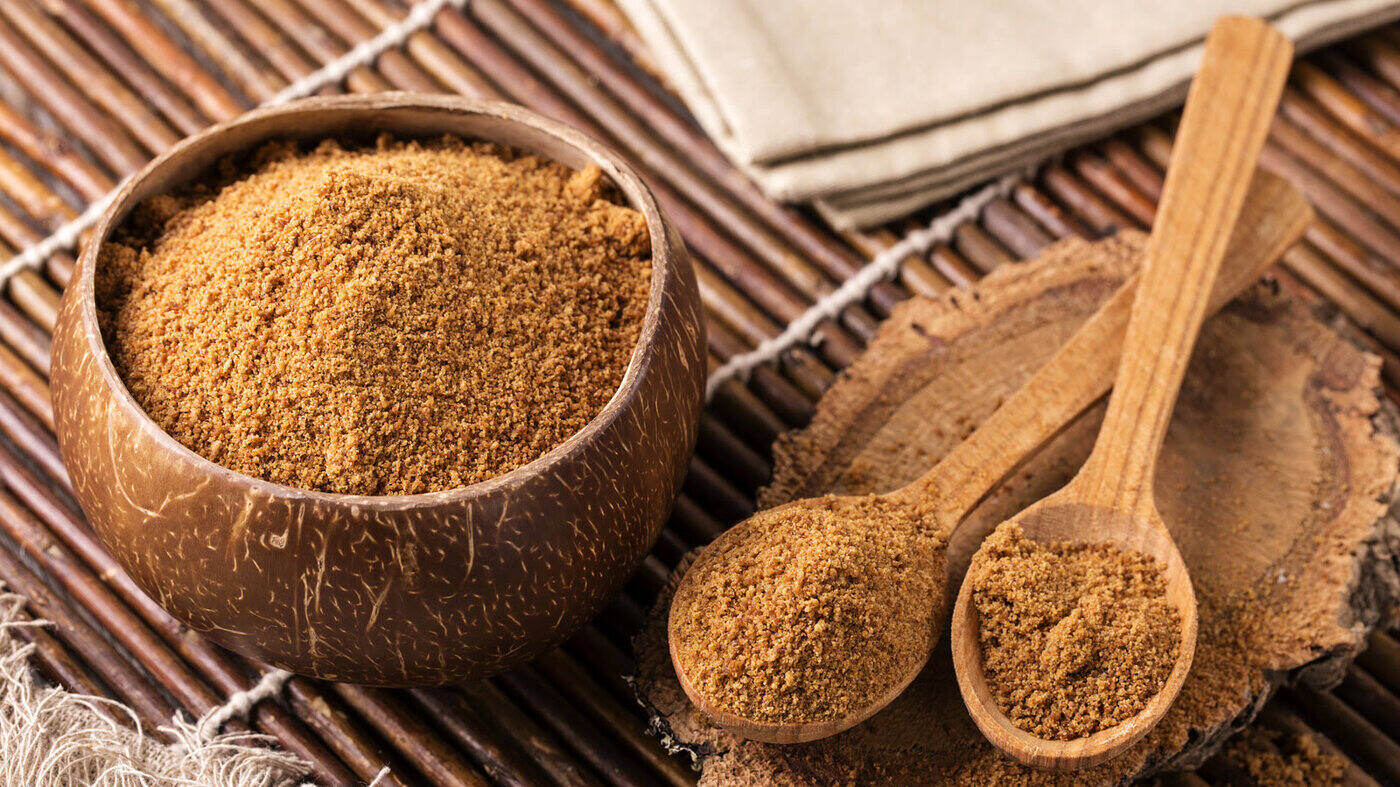
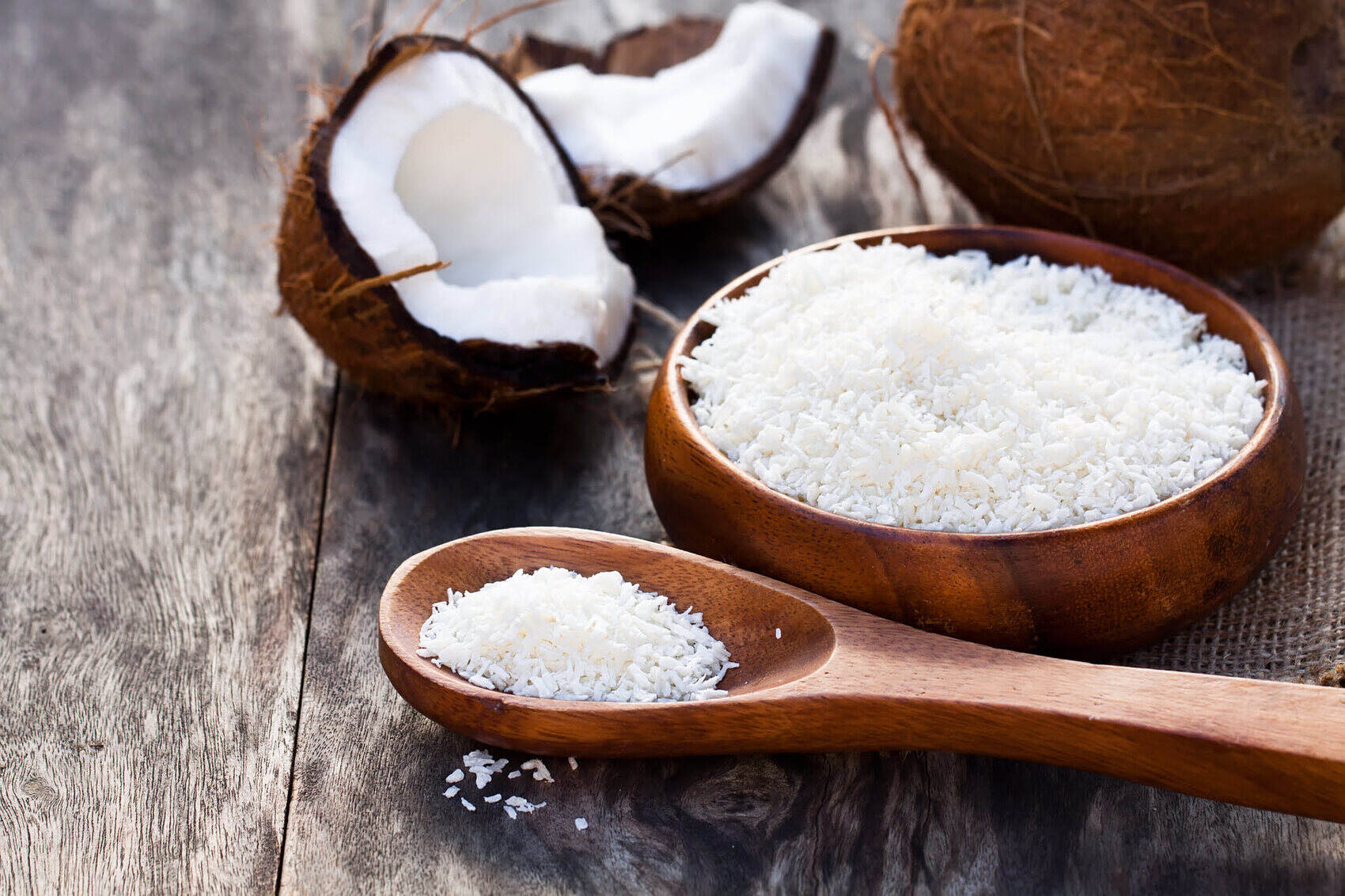
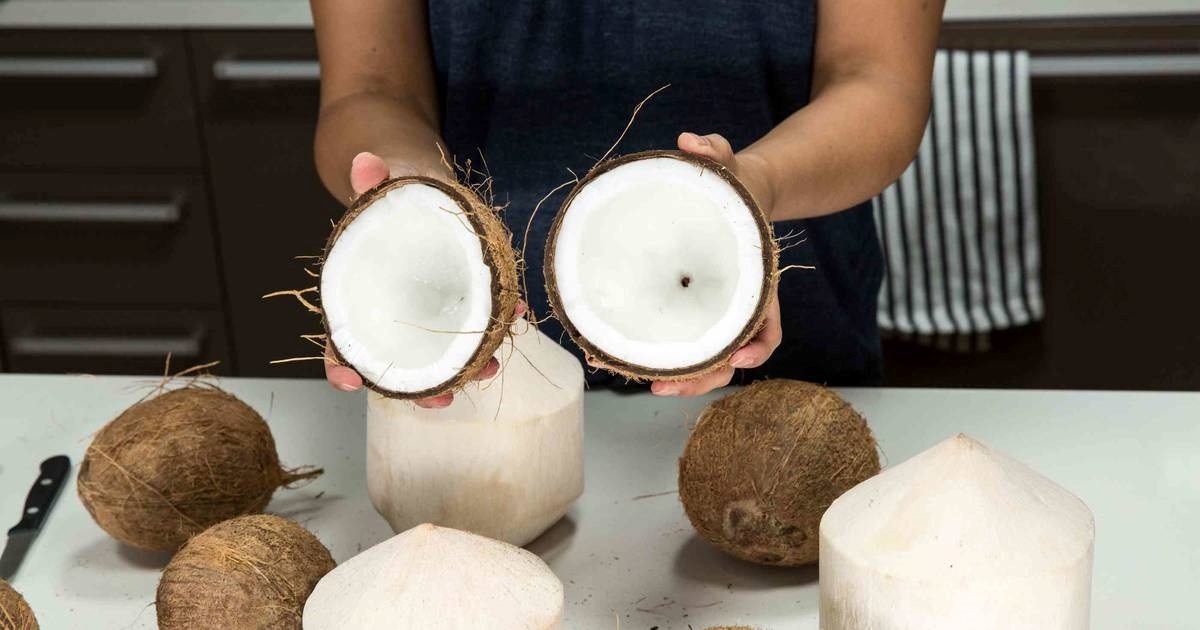
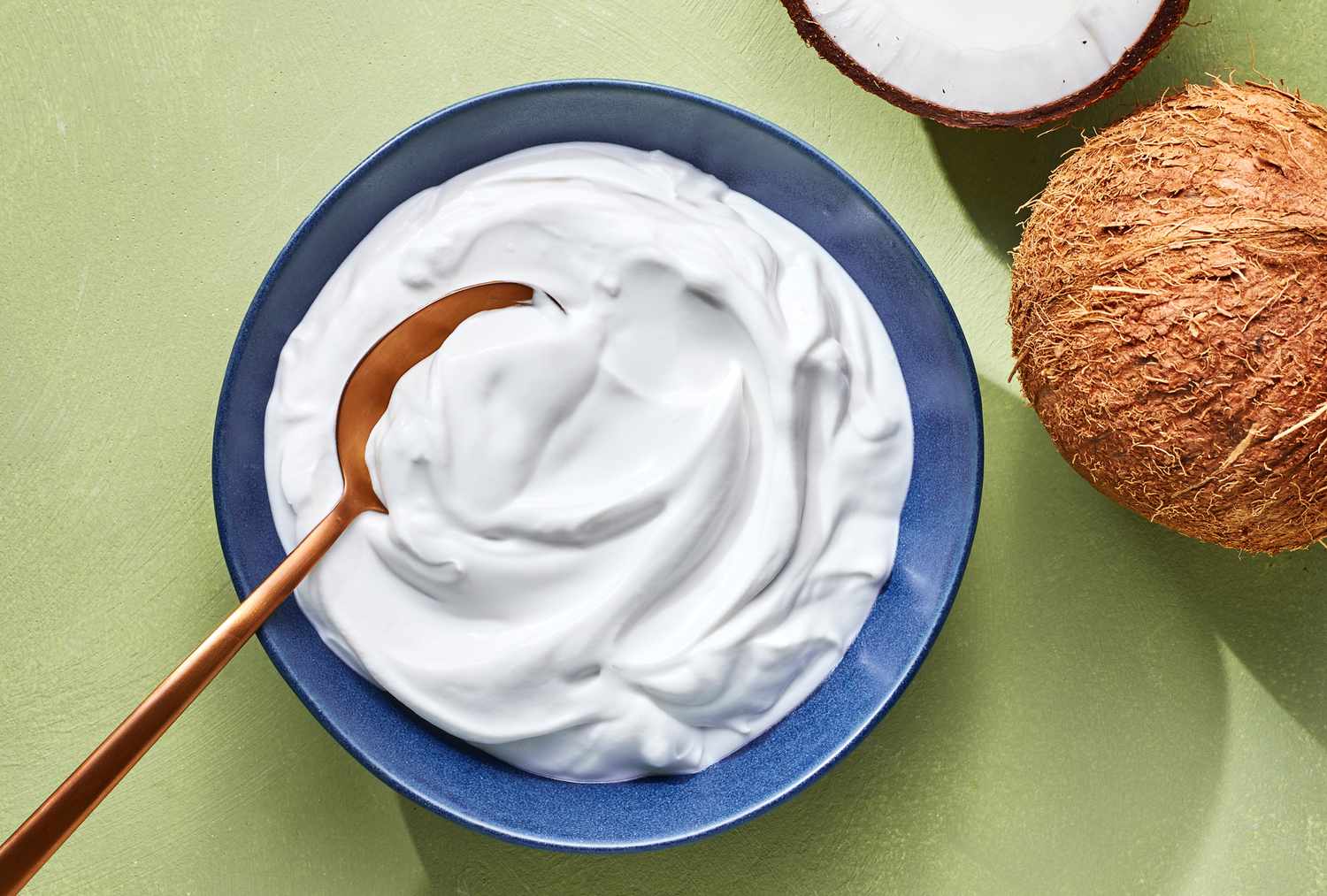
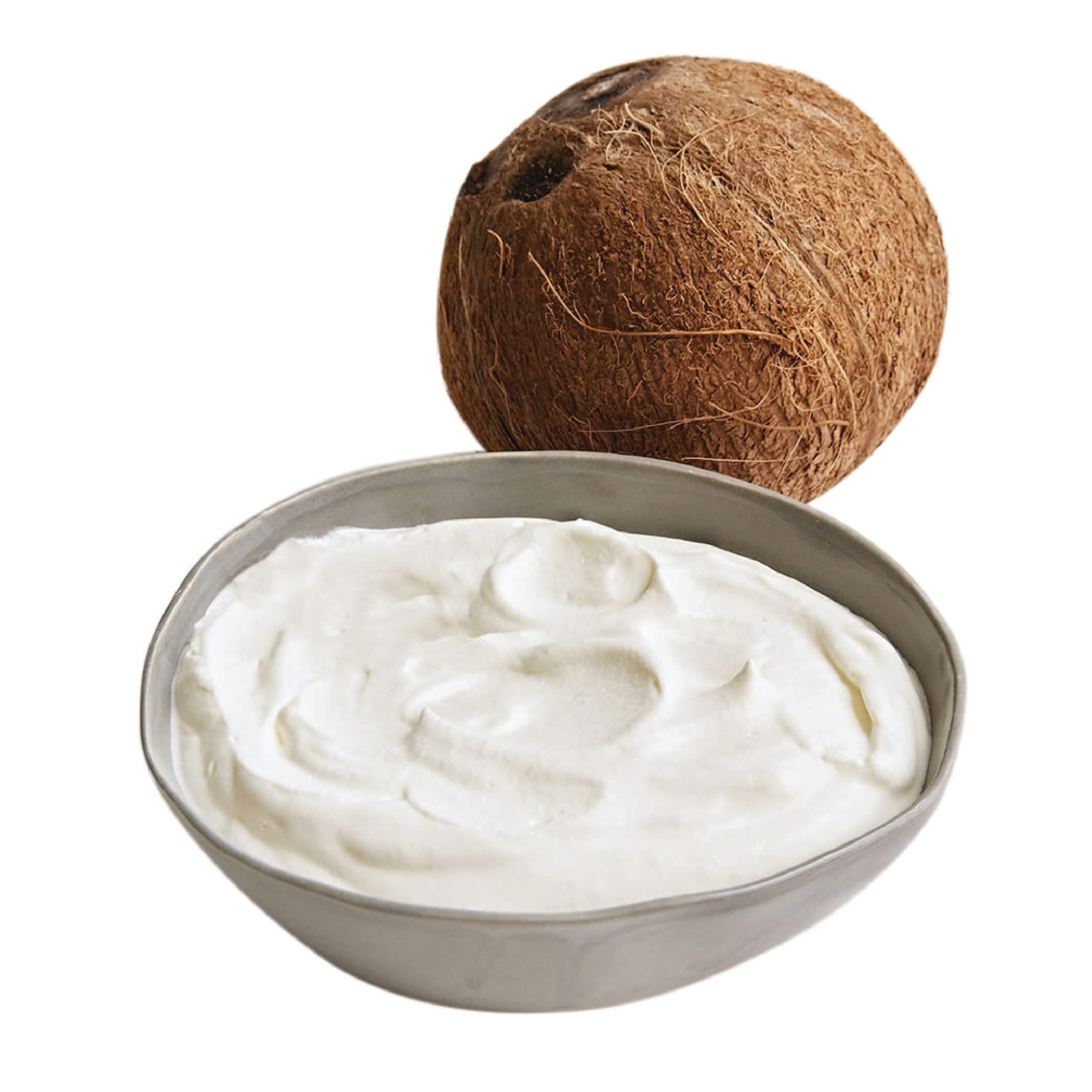
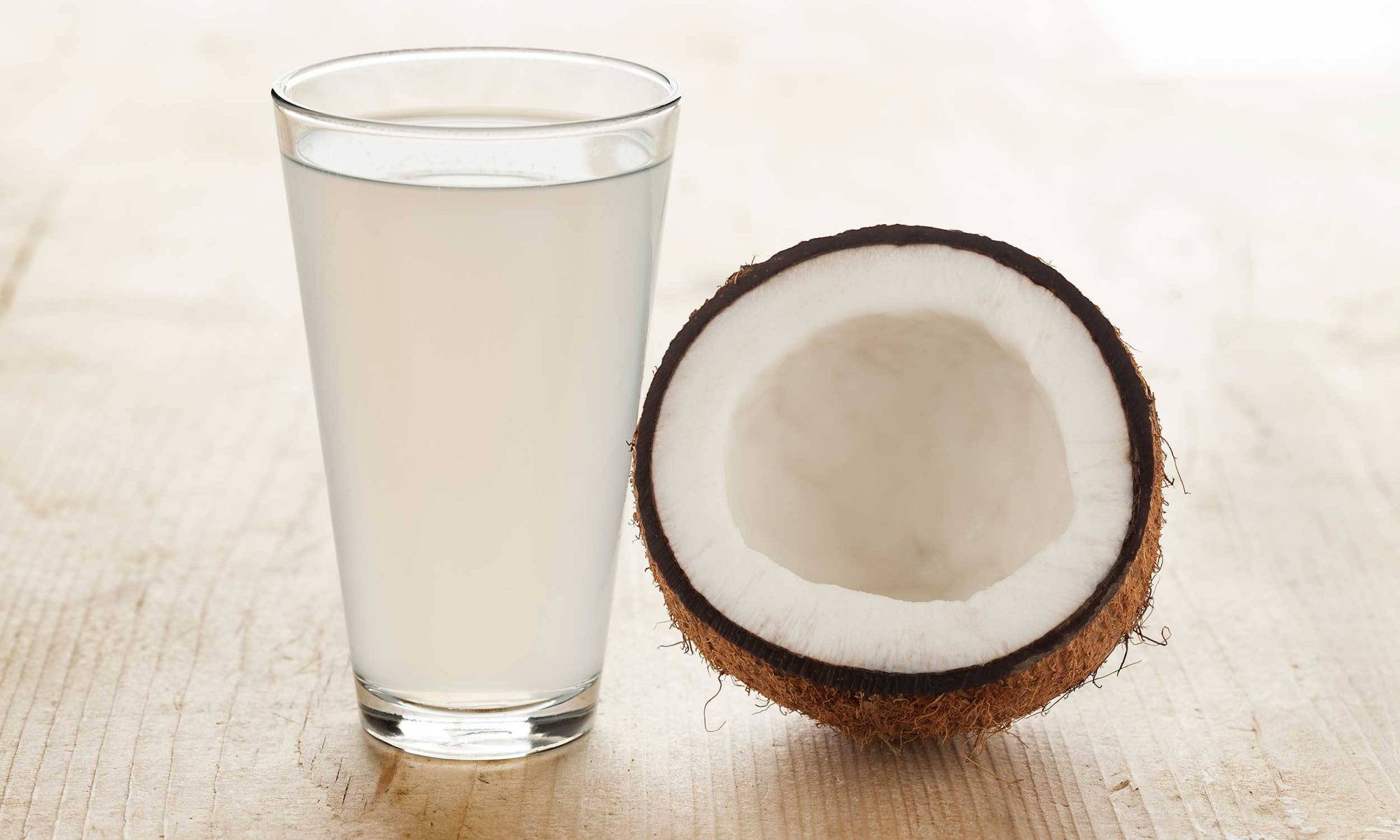
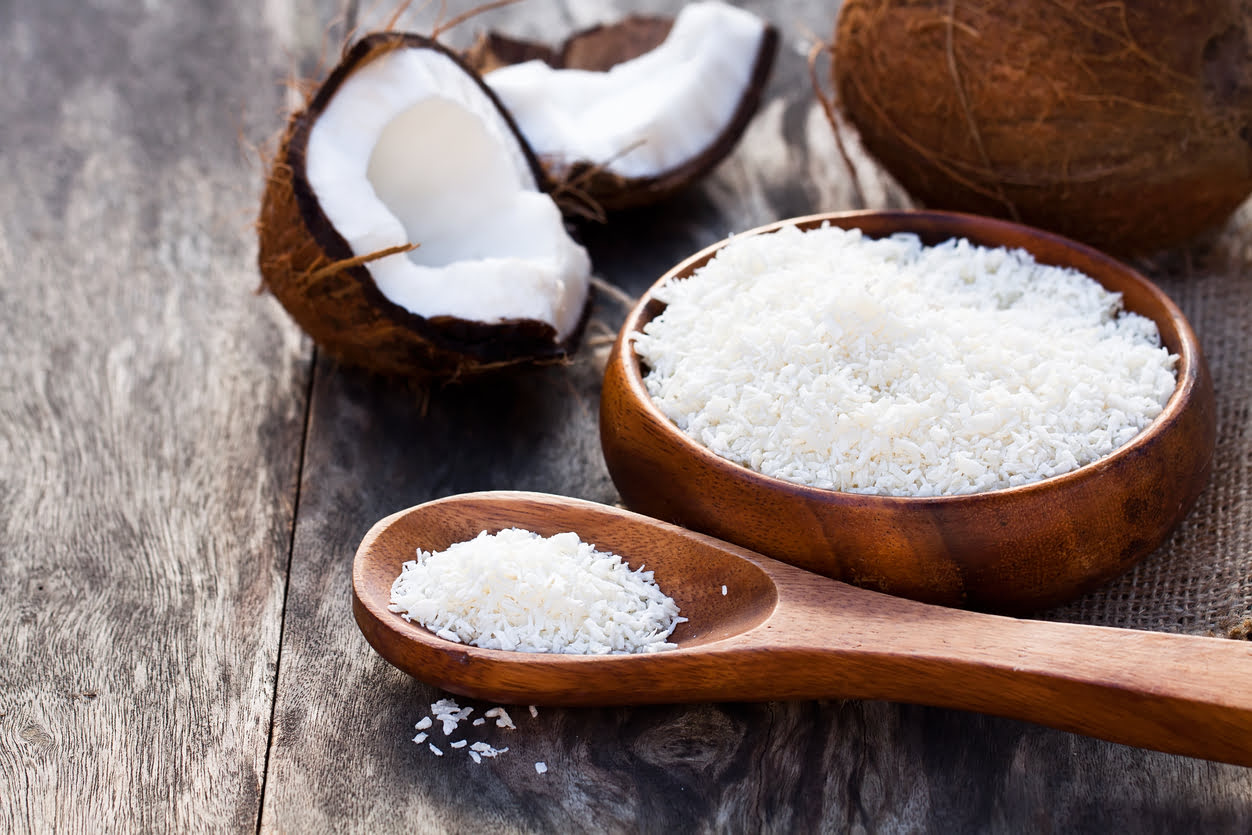

0 thoughts on “How To Store Fresh Coconut”